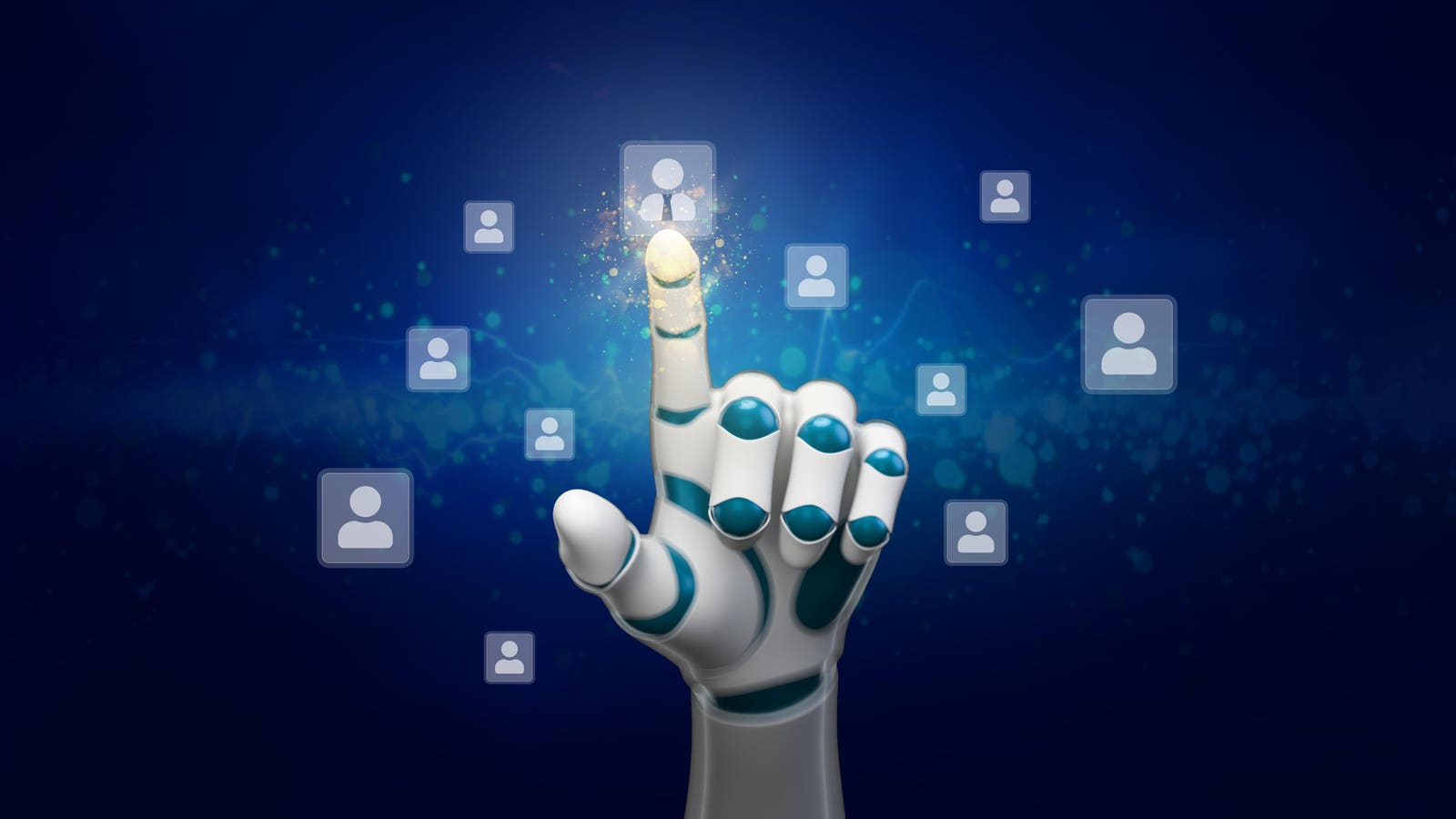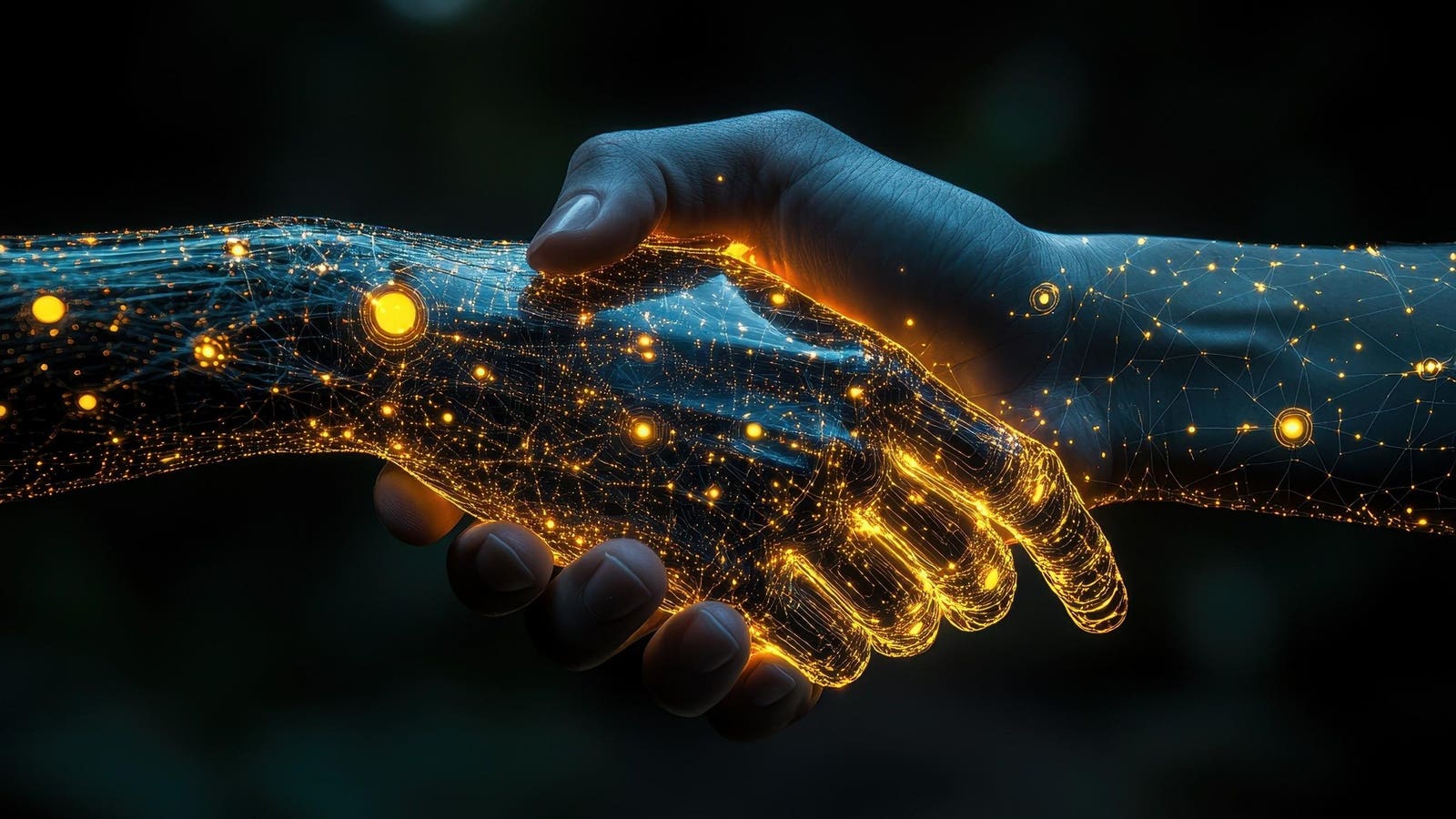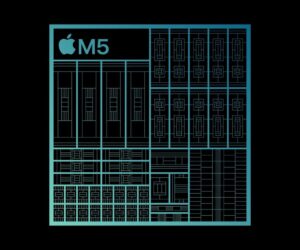AI tools are increasingly being used to decide who gets a promotion at work.
The process to get a promotion at work is undergoing a dramatic transformation with AI driving the change. According to a recent survey by Resume Builder, 77% of managers who use AI tools rely on them to make promotion decisions about their direct reports. Even more striking, over 20% of these managers frequently allow AI to make final decisions without human input. This shift means that if you want a promotion at work, understanding how AI influences this process is crucial for your professional survival and career growth.
Why Companies Are Turning To AI For Promotion Decisions
Companies are embracing artificial intelligence to make personnel decisions for several compelling reasons:
Better Scalability
As organizations grow, manually evaluating every employee for promotion becomes increasingly challenging. AI systems can assess hundreds or thousands of employees simultaneously, ensuring that no high performer gets overlooked simply because they’re in a large organization.
Faster Decision-Making Process
Traditional promotion processes often involve lengthy discussions, multiple meetings and subjective assessments that can take weeks or months. AI can analyze performance data, compare employees against benchmarks and generate recommendations in minutes, allowing companies to make promotion decisions more quickly.
More Objective And Fair Evaluations
Human managers inevitably bring unconscious biases to promotion decisions. AI systems can focus purely on performance metrics and objective criteria while minimizing demographic identifiers such as gender, race, age and educational background. This creates a more equitable promotion process and helps identify high-potential employees who might otherwise be overlooked.
Lower Administrative Costs
By automating certain aspects of the evaluation process, companies can alleviate the administrative burden on HR departments and managers. This efficiency translates into cost savings, allowing human resources to focus on core functions such as employee development and strategic planning.
How Managers Use AI To Evaluate Employees
Today’s managers increasingly rely on AI tools such as ChatGPT to evaluate employee performance and assess potential. The Resume Builder survey reveals that 60% of managers now use AI for critical decisions about their direct reports, including performance reviews, compensation adjustments and workplace promotions. The scope proves striking. Nearly all managers who use AI (94%) deploy these tools for employee-related decisions, determining who deserves advancement, raises or might face termination.
The tools are surprisingly accessible:
- ChatGPT leads with 53% adoption
- Microsoft’s Copilot follows with 29%
- Google’s Gemini accounts for 16%
This means the same AI tools you use in your daily life are now influencing your potential promotion at work.
How AI Systems Assess Your Promotion Potential
Understanding how AI systems evaluate advancement potential can give you an advantage in positioning yourself for a promotion at work.
Performance Analytics
Performance analytics form the foundation of most AI evaluation systems, focusing on quantifiable output and measurable achievements.
Key metrics:
- Work output and project completion rates
- Quality metrics and goal achievement
- Sales conversion rates, deal sizes and client retention
- Project management on-time delivery, budget adherence and team satisfaction scores
Communication Analysis
Communication analysis represents an expanding field in AI evaluation, examining how you interact and collaborate with others digitally.
Key metrics:
- Email communication patterns and frequency
- Meeting participation and contribution levels
- Sentiment analysis of written communications
- Collaboration effectiveness across stakeholders
Skill Gap Analysis
A skill gap analysis compares your current abilities against the requirements of higher-level positions to identify career development opportunities.
Key metrics:
- Completion of training programs and certifications
- Demonstrated competencies and skills assessments
- Skills alignment with higher-level position requirements
- Professional development progress tracking
Predictive Modeling
Predictive modeling uses your current performance patterns to forecast your potential success in advanced roles.
Key metrics:
- Current performance trajectory and growth patterns
- Learning patterns and adaptability indicators
- Leadership potential and behavioral indicators
- Technical advancement readiness signals
How To Leverage AI To Get Promoted
Rather than viewing AI as a threat, you can use these same technologies to boost your promotion potential.
Make Your Work “AI-Visible”
AI systems can only evaluate what they can access, so optimizing your digital presence is crucial. Ensure your achievements are well-documented and quantifiable in formats that both AI systems and managers can recognize.
- Regularly update performance management platforms and employee dashboards so your achievements are easily captured by AI evaluation systems
- Quantify project results in a way that both managers and AI analytics can track
- Use internal dashboards or project management tools to tag and highlight your contributions to team wins
Upgrade Your Work Output with AI
Use AI tools to transform your basic work into strategic, high-impact documents that showcase initiative and analytical thinking. When managers consistently see elevated output from you, it positions you for a potential promotion at work.
- Input your weekly project summary into ChatGPT and request a rewrite using business strategy language and actionable insights
- Use AI writing assistants to create compelling presentations and generate insightful analysis from your data
- Ask an AI tool to turn bullet points into full narratives, adding “next steps” and “strategic recommendations” sections
Anticipate and Exceed Expectations
Leverage AI to anticipate your manager’s needs and demonstrate proactive leadership. This approach makes you appear indispensable and strategically minded.
- Use AI to draft answers to recurring questions your manager asks in meetings before they’re even requested
- Have AI review your boss’s recent communications and generate templates for solutions they’re likely to need soon
- Set up AI assistants to monitor industry developments and share relevant insights with your team, demonstrating thought leadership
Master AI Prompt Engineering
As AI becomes more prevalent in workplace decision-making, employees who can effectively collaborate with AI systems become more valuable. Position yourself as someone who can bridge the gap between human insight and AI efficiency.
- Experiment with different prompts to get better results for emails, reports and meeting summaries
- Create a library of effective prompts for various workplace scenarios, refining them as you learn what works best
- Continuously tailor AI outputs to your boss’s style and company culture to ensure closer alignment with what’s valued
Potential Downsides of AI-Driven Promotions at Work
While AI-driven promotions promise greater efficiency and objectivity, they are not without challenges. If trained on incomplete or biased data, AI systems can inadvertently reinforce existing workplace inequities rather than eliminate them. In addition, many employees may find AI-driven decisions lack transparency, making it difficult to understand how or why certain promotion choices are made.
“It’s essential not to lose the ‘people’ in people management,” says Chief Career Advisor Stacie Haller at Resume Builder. “While AI can support data-driven insights, it lacks context, empathy and judgment. AI outcomes reflect the data it’s given, which can be flawed or biased. Organizations have a responsibility to implement AI ethically to avoid legal liability, protect their culture and maintain trust among employees.”
For these reasons, experts recommend that organizations maintain human oversight, regularly audit AI tools for fairness and clearly communicate how promotion decisions are determined.
The Bottom Line for Your Promotion Strategy
Rather than fearing this AI evolution, embrace it as an opportunity to build a more data-driven, merit-based career path. Focus on developing your human skills (creativity, emotional intelligence and strategic thinking) alongside your AI abilities. By understanding how these systems work and strategically leveraging AI tools, you can turn AI into your competitive advantage. Those who master this approach will position themselves not just to survive in an AI-driven workplace but to thrive in it.









